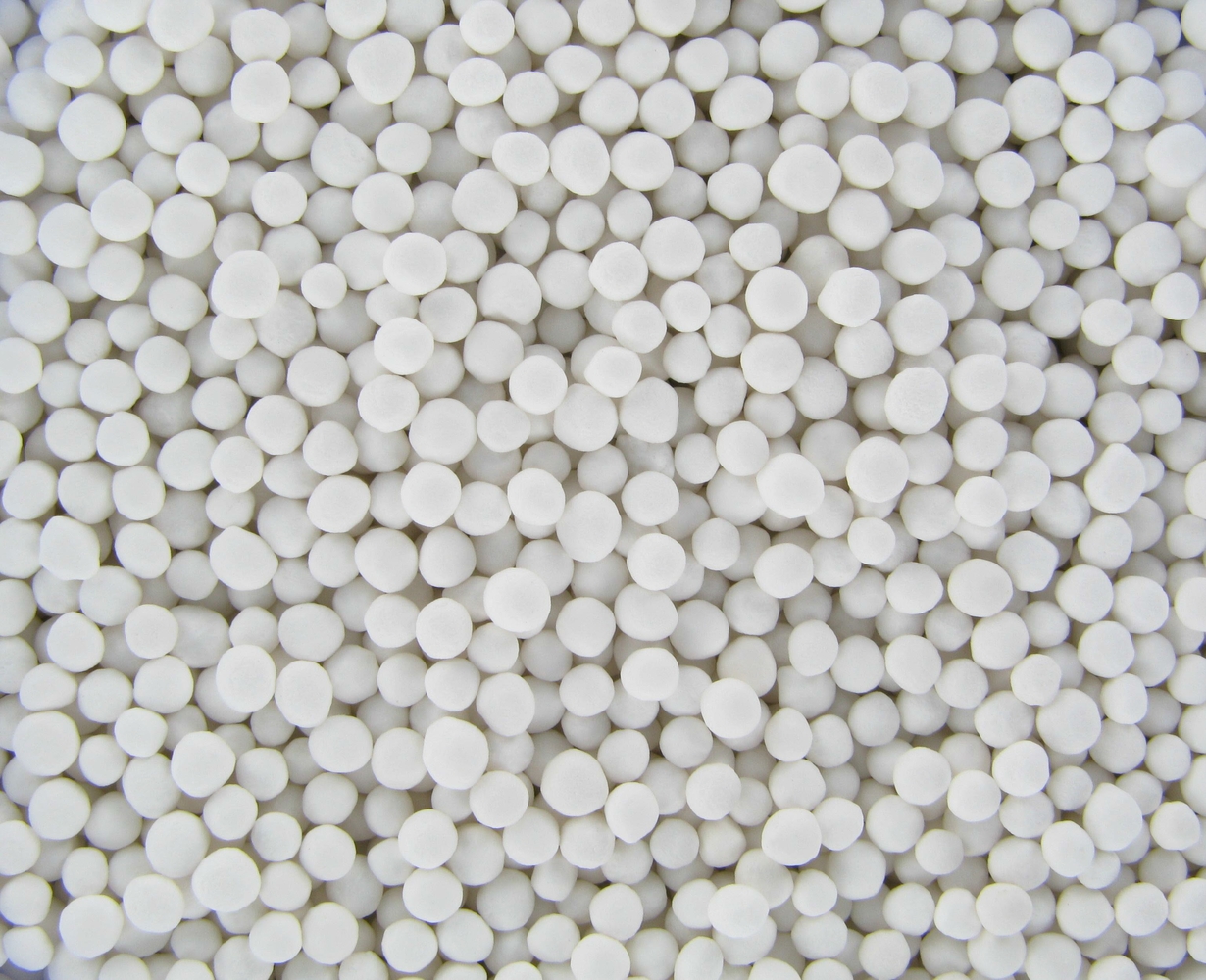
Axens Offer
AxTrap™ materials are completely suitable for achieving very low outlet mercury specifications (such as the one required for gas liquefaction) both at the up-front location and on high mercury concentration feedstocks.
AxTrap™ 200 Series include a complete range of non-regenerative and ready-to-use adsorbents dedicated to mercury removal which can be loaded safely under air.
AxTrap™ 273
AxTrap™ 273 is ideal for conventional cases with low to moderate mercury content and highlights unequalled mass transfer properties. This adsorbent is suitable for both gas and liquid streams.
AxTrap™ 277
AxTrap™ 277 is a cost-effective adsorbent for gas phase applications and is particularly well adapted to reduced atmosphere.
AxTrap™ 283
AxTrap™ 283 provides the best solution to date for highly mercury contaminated streams or to maximize the adsorbent lifetime or to minimize the vessel size.
It offers a perfect combination of high active phase concentration and unequalled mass transfer properties. This adsorbent is suitable for both gas and liquid streams.

Thanks to an extended experience in mercury removal Axens proposes the Design to Disposal (D2D™), an all-inclusive mercury removal integrated offer covering different studies and services such as feed mercury analyses, pilot tests including on site Sorbotest™, process design package, skid-mounted units, performances follow-up, modelling and predictions, technical assistance, spent product analysis and appropriate disposal.
Resources
Case Study - Successful Debottlenecking Of An Existing Mercury Removal Unit In A Natural Gas Plant
How to Remove Mercury from Extracted Natural Gas?
A Dedicated Products Portfolio For Natural Gas Processing
How the New AxTrap™ 283 Makes a Difference in Hard Operating Conditions?
Case Study - Successful Debottlenecking Of An Existing Mercury Removal Unit In A Natural Gas Plant
Read moreYou Might Be Interested In
Gas Dehydration & Purification
Drying Series Adsorbents
Sulfur Removal Adsorbents for Oil, Gas & Petrochemicals
TO CONTACT US
Please fill in the contact form below